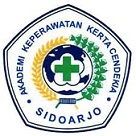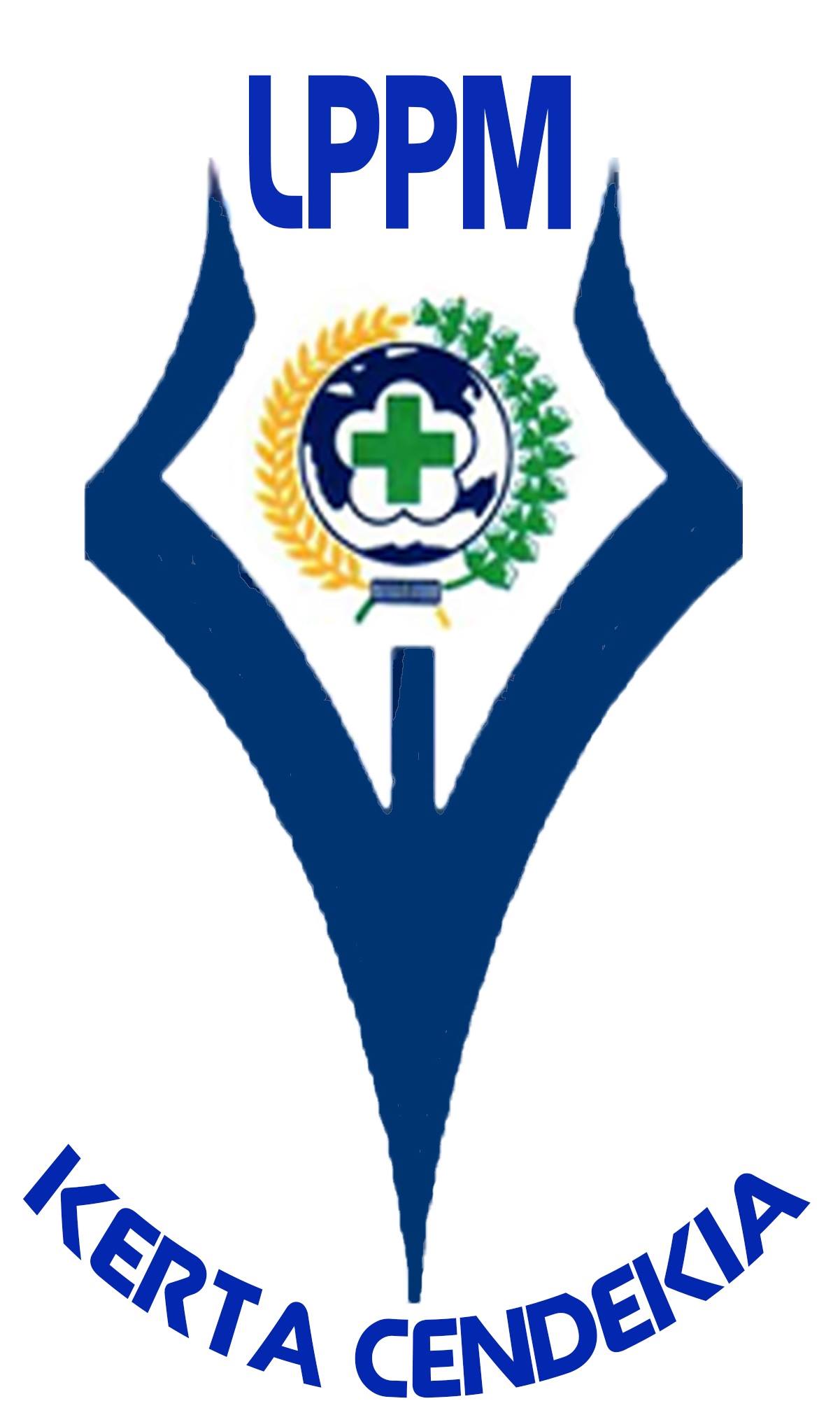THE EFFECT OF AUTOGENIC RELAXATION ON PAIN RELIEF IN HYPERTENSION PATIENTS: A SYSTEMATIC REVIEW
DOI:
https://doi.org/10.36720/nhjk.v13i2.724Keywords:
Autogenic Relaxation, Hypertension, Pain ReductionAbstract
Background: Hypertension can be treated with non-pharmacological treatment. Comprehensive chronic pain treatment involves a combination of methods and therapies. Relaxation effectively reduces muscle tension, improves well-being, and reduces symptomatic stress in individuals experiencing various situations. Autogenic relaxation therapy carried out for ± 10 minutes scientifically has a physiological impact on the body.
Objective: This literature review aimed to identify the effect of autogenic relaxation on pain reduction in hypertensive patients
Design: This research design was a literature review.
Data Sources: Search for articles using three journal databases, namely Google Scholar, PubMed, and ScienceDirect.
Reviews Methods: Used PRISM flow diagram to find a total of 6 articles that meet the inclusion criteria reviewed.
Result: The literature search results found 2 articles that met the inclusion criteria that were published in 2023.
Conclusion: One of types of relaxation is an autogenic relaxation on reducing pain in hypertensive patients. Continue to do relaxation routinely and regularly both independently and with guidance from experts, and continue to take medication according to doctor's recommendations and carry out routine checks with doctors, for symptom improvement.
Downloads
References
Imamah, IN (2020). The Effect of Autogenic Relaxation on Blood Pressure Changes in Patients with Hypertension: Literature Review. STRADA Health Scientific Journal, 9(2), 1627–1634. https://doi.org/10.30994/sjik.v9i2.507
Kohlert, A., Wick, K., & Rosendahl, J. (2022). Autogenic Training for Reducing Chronic Pain: a Systematic Review and Meta-analysis of Randomized Controlled Trials. International Journal of Behavioral Medicine, 29(5), 531–542. https://doi.org/10.1007/s12529-021-10038-6
Kusuma, AS, Kristiani, E., Kusuma, AS, & Kristiani, E. (nd). The Effect of Autogenic Relaxation on Blood Pressure in Hypertensive Patients BACKGROUND Data from the World Health Organization (WHO) in 2015 showed around 1. 10(1), 44–48.
Novitasari, D., & Wirakhmi, IN (2018). Decreased Headache on the Elderly With Hypertension Using Autogenic Relaxation in Mersi Purwokerto. Media Ilmu Kesehatan, 7(2), 104–113.
Sutrisno, S., & Nursalam. (2022). The Effect of Benson and Autogenic Relaxation Therapy on Sleep Quality, Blood Pressure and Anxiety of Hypertension Patients. Journal Of Nursing Practice, 6(2), 214–220. https://doi.org/10.30994/jnp.v6i2.379
Vambheim, S. M., Kyllo, T. M., Hegland, S., & Bystad, M. (2021). Relaxation techniques as an intervention for chronic pain: A systematic review of randomized controlled trials. Heliyon, 7(8), e07837. https://doi.org/10.1016/j.heliyon.2021.e07837
Downloads
Published
How to Cite
Issue
Section
Citation Check
License
Authors who publish with Nurse and Health: Jurnal Keperawatan agree to the following terms:
- Authors retain copyright licensed under a Creative Commons Attribution-NonCommercial 4.0 (CC BY-NC 4.0), which allows others to remix, tweak, and build upon the authors' work non-commercially, and although the others' new works must also acknowledge the authors and be non-commercial, they don't have to license their derivative works on the same terms.
- Authors are permitted and encouraged to post their work online (e.g., in institutional repositories or on their website) prior to and during the submission process, as it can lead to productive exchanges, as well as earlier and greater citation of published work (See The Effect of Open Access). Authors can archive pre-print and post-print or publisher's version/PDF.








